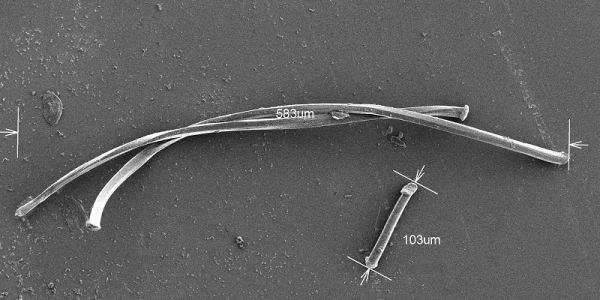
Transforming care for babies born with heart disease
Leeds is leading pioneering research into new technology for imaging babies with congenital heart disease (CHD).

Leeds is leading pioneering research into new technology for imaging babies with congenital heart disease (CHD).

A drug used to treat people living with Type 2 diabetes could also help improve their heart function, according to new research.

A group of citizen scientists is being recruited to help investigate the scale of microplastic air pollution inside people’s homes.

Heat-induced male infertility will see some species succumb to the effects of climate change earlier than thought, new research warns.

Invasions by alien insect and animal species have much in common with outbreaks of infectious diseases and can tell us a lot about how pandemics spread, according to new research.

Scientists studying the impact of record heat and drought on intact African tropical rainforests were surprised by how resilient they were to extreme conditions during the last major El Niño event.

Scientists have used a fibre-optic sensor passed deep into a borehole to obtain the most detailed measurements of ice properties ever taken on the Greenland Ice Sheet.

Leading experts in the transmission of airborne pathogens are calling for tighter regulations to control air quality in buildings – as a way of reducing the spread of COVID-19 and other illnesses.

People living with heart failure could benefit from personalised pacemakers to help them exercise safely, thanks to a trial being carried out by a team in the School of Medicine.

Astronomers have identified the molecule methanol in the ‘warm zones’ of a protoplanetary disk circling a star about 360 light years from Earth.